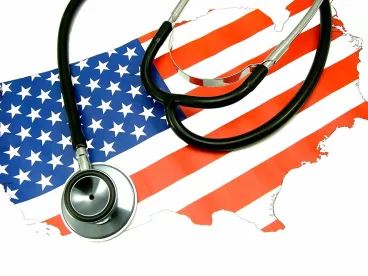A new IRS notice will allow many with chronic health conditions who participate in high-deductible health plans (HDHPs) with health savings accounts (HSAs) to receive necessary care that may otherwise be out of financial reach. The notice expands the list of preventive care benefits that can be covered by an HDHP prior to a participant meeting the minimum deductible without disqualifying them from making or receiving HSA contributions.
IN DEPTH
On July 17, the Internal Revenue Service (IRS), in consultation with the Department of Health and Human Services (HHS), issued Notice 2019-45 (Notice). The Notice expands the list of preventive care benefits that can be covered by a high-deductible health plan (HDHP) prior to a participant meeting the minimum deductible without disqualifying that participant from making or receiving health savings account (HSA) contributions. Several frequently used services and medications, such as statins, insulin and blood pressure monitors, are included in the Notice. This change will allow many people with chronic health conditions who participate in HDHPs with HSAs to receive necessary care that may otherwise be more difficult to afford.
HSAs allow eligible individuals to use pre-tax dollars to pay for eligible health care expenses. One requirement to participate in an HSA is that an individual be covered under a HDHP and have no “disqualifying health coverage.” As a general rule, any benefits covered under the HDHP before the minimum deductible is satisfied constitute disqualifying health coverage. However, there is a limited exception for preventive care that allows coverage of certain services, procedures and medications to be covered by the HDHP before a participant meets their deductible without affecting the individual’s ability to contribute to an HSA. Under this exception, preventive care did not include any service or benefit intended to treat an existing illness, injury or condition.
The Notice expands the scope of what qualifies as preventive care to include medical expenses that treat an existing chronic condition but also prevent exacerbation of the condition and/or a future secondary condition. For example, preventive care now includes certain medications, such as insulin, for treatment of diabetes. The list of preventive care for specified conditions in the Notice is based on three criteria:
-
The service or item is low cost;
-
Medical evidence supporting high-cost efficiency (a large expected impact) of preventing exacerbation of a chronic condition or development of a secondary condition; and
-
A strong likelihood, documented by clinical evidence, that with respect to the class of individuals prescribed the item or service, the specific service or use of the item will prevent exacerbation of the condition or development of a secondary condition that requires significantly higher cost treatments.
It is important to note that the IRS has not expanded the scope of preventive care beyond what is listed in the Notice. Therefore, other services or items that meet the above criteria but are not on the list are not treated as preventive care for purposed of HSA eligibility. The IRS and HHS will periodically review the list and determine whether items should be added or removed (every five to 10 years). The specific medical care services or items listed in the Notice are as follows:






 />i
/>i
